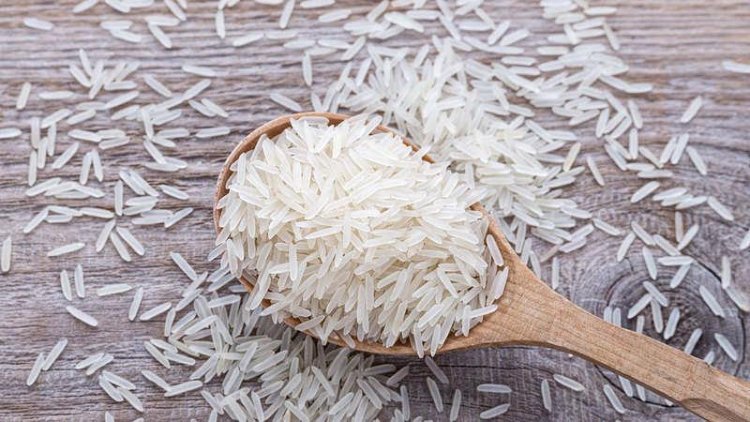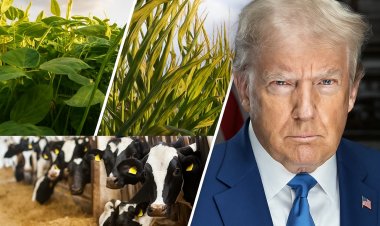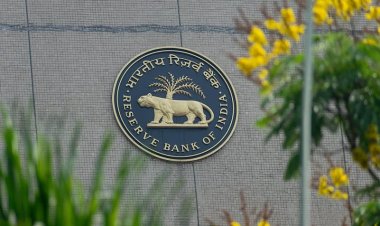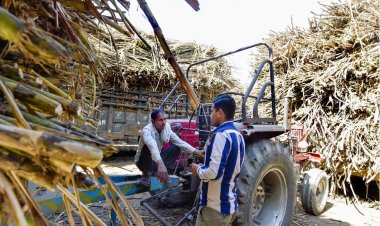Floor price of basmati exports slashed to USD 950 per ton
Amid persistent demands from rice exporter associations, the government has reduced the floor price for basmati rice exports to USD 950 per tonne from USD 1,200 per tonne. The Centre's decision comes in view of concerns that higher prices were hurting outward shipments.

Amid persistent demands from rice exporter associations, the government has reduced the floor price for basmati rice exports to USD 950 per tonne from USD 1,200 per tonne. The Centre's decision comes in view of concerns that higher prices were hurting outward shipments.
Rice exporters bodies have pointed out that India is losing its export market due to tough price competition from neighbouring countries like Pakistan. In a communication to export promotion body APEDA, the Union Commerce Ministry has said "it has been decided to revise the price limit for registration of contract for export of basmati rice from USD 1,200 per tonne to USD 950 per tonne."
Agricultural and Processed Food Products Export Development Authority (APEDA) has been directed to register only those contracts having value of USD 950 per tonne and above. The government on August 27 decided not to allow exports of basmati rice below USD 1,200 per tonne to restrict possible "illegal" shipment of white non-basmati rice in the garb of premium basmati rice.
India's total exports of basmati rice stood at USD 4.8 billion in 2022-23 in terms of price, while in volume terms it was at 45.6 lakh tonne. Rice exporter associations have been arguing that India's average export realisations in the last 2-3 financial years have been USD 800-900 per tonne.
On October 15, the food ministry had said the government is considering the industry's demand to reduce the floor price. Based on representations received from the associations that the high FOB (free on board) value is adversely affecting the export of basmati rice from India, Food and Consumer Affairs Minister Piyush Goyal had attended a consultative meet with the basmati rice exporters, the food ministry had said in a statement.
In order to control retail prices of rice, the central government has been taking several steps to boost domestic supply. In September last year, it banned exports of broken rice, while in July this year, it imposed restrictions on non-basmati white rice. A 20 per cent export duty was also slapped on par-boiled non-basmati rice. With these curbs, India has imposed restrictions on all varieties of non-basmati rice.
As per the Foreign Trade Policy, APEDA is mandated to register all contracts for the export of basmati rice and then it issues registration-cum-allocation certificate for the export of basmati rice. The basmati crop grown in kharif season has started arriving in the market and the decision to reduce the floor price will boost exports. "Now, the new crop of basmati has started arriving and there is generally a decline in prices when the new crop starts arriving," the food ministry had said while giving a rationale for the need for the review.
As per the final estimate, rice production is estimated to be a record 135.75 million tonnes in 2022-23 as against 129.47 million tonnes in the previous year. According to industry, the average export prices of basmati rice stood at USD 850-900 per tonne in 2021 and 2022. This year, it was around Rs 1,050 per tonne before the government's August 25 decision not to register contracts below USD 1,200 per tonne.



 Join the RuralVoice whatsapp group
Join the RuralVoice whatsapp group








































